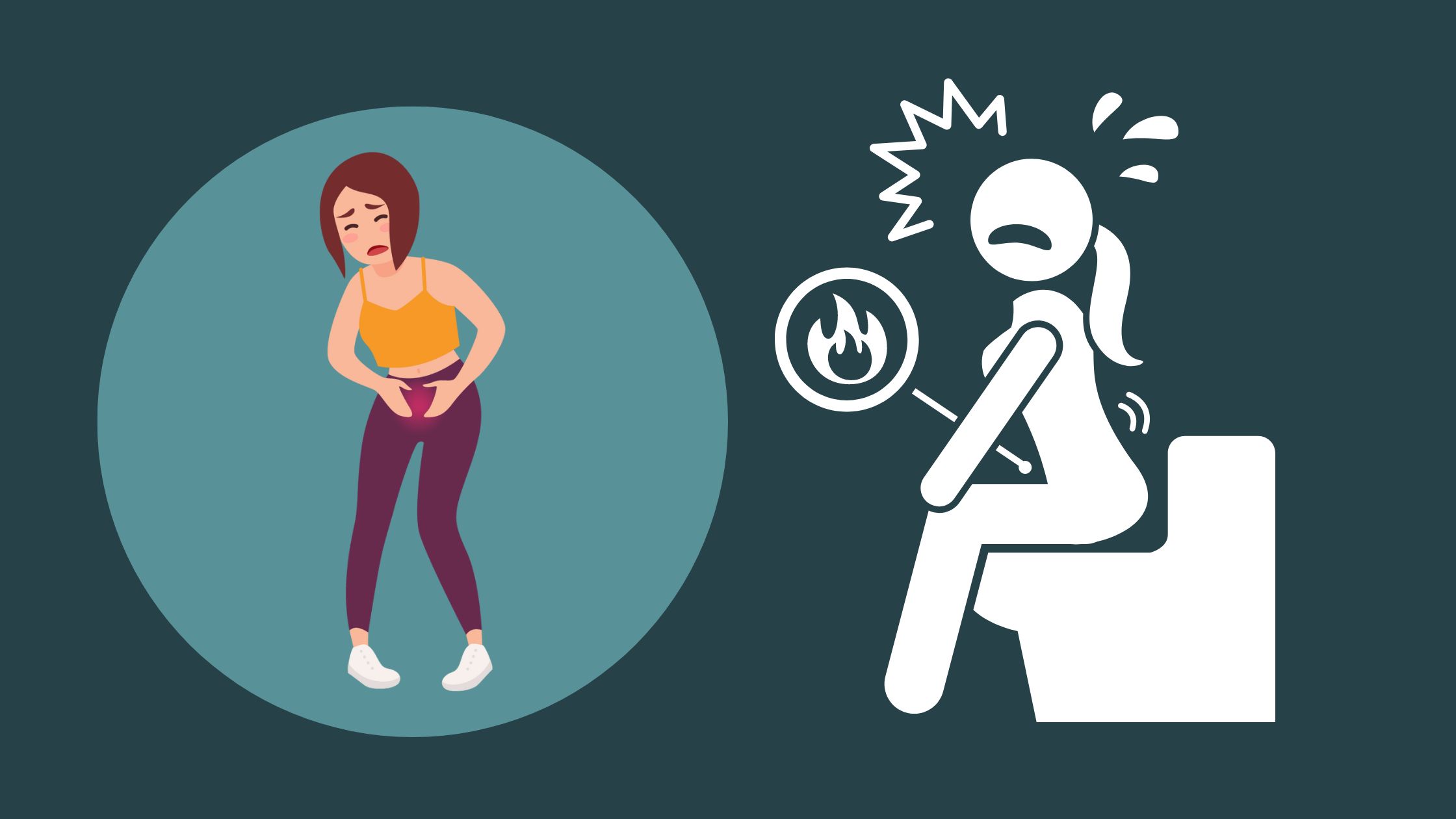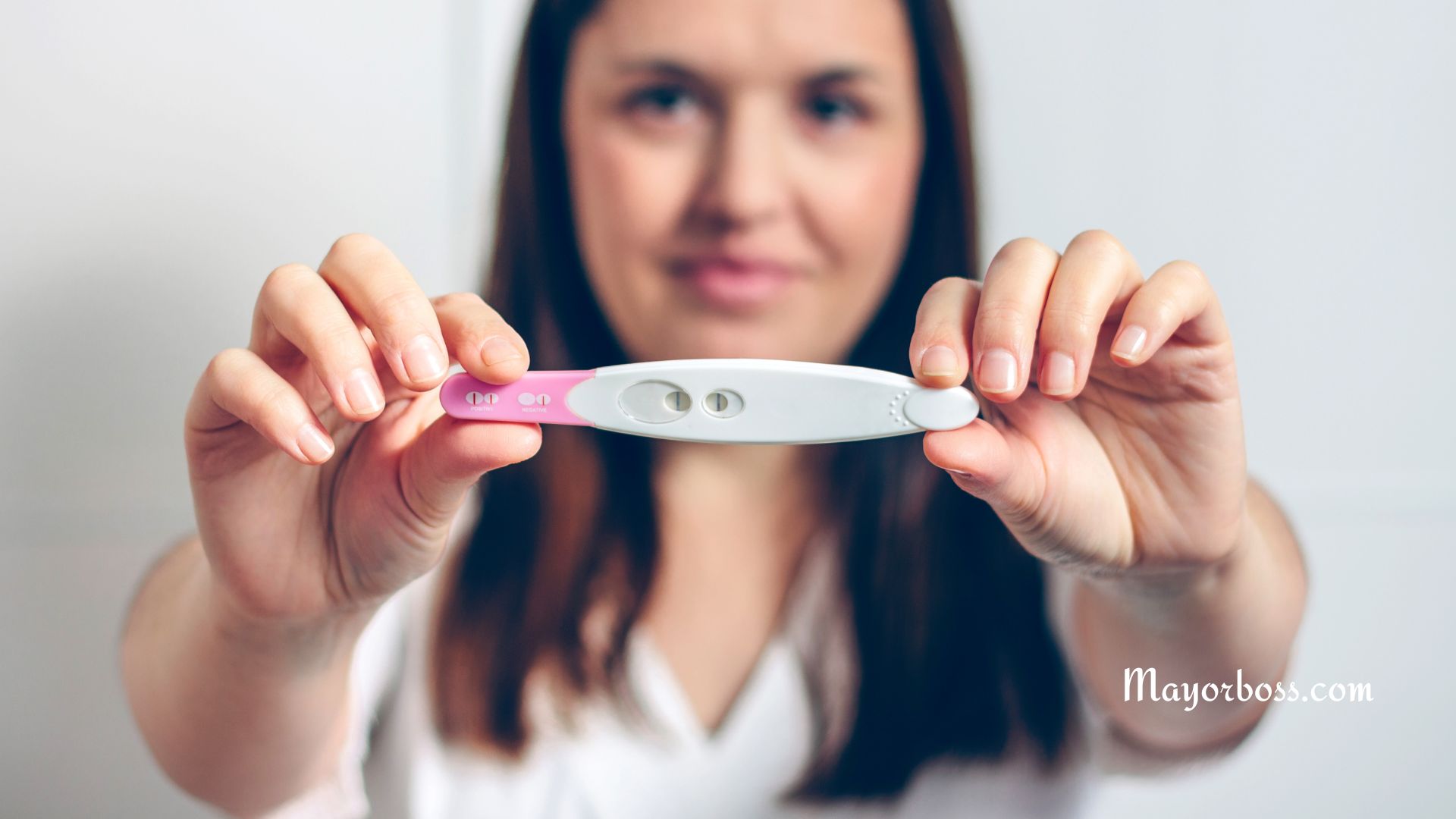10 Possible Reasons for Pelvic Pain in Women
Feeling discomfort or a constant ache in your lower abdomen? Is the pain localized around the area below your belly button and between your hips, which we medically term the pelvic area? You’re not alone, and many women experience this at various stages in their lives.
Pelvic pain could result from numerous causes, some serious, others not so much. But understanding why it happens is the initial step towards finding a solution. Family medicine specialist Natalia Hapych, MD, will guide us through the different reasons you might be experiencing pelvic pain.
Is Pelvic Pain Normal?
In the words of Dr. Hapych, “No, chronic pelvic pain is not a ‘normal’ condition that women should expect to tolerate. Women are often conditioned to think that pain, especially in the pelvic area, is normal or expected. While discomfort or pain can occur due to normal processes such as menstruation, persistent, debilitating pain is not typical and warrants a medical consultation.”
What’s Causing Your Pelvic Pain?
Wondering what might be causing your pelvic pain? Here are ten reasons you should consider.
Endometriosis
Endometriosis, an ailment that happens when tissue similar to the lining of the uterus begins to grow outside your uterus, is a common cause of severe pelvic pain, especially during menstruation. Endometriosis pain is usually described as “burning” or “stabbing.”
Uterine Fibroids
Non-cancerous growths in the uterus, generally known as fibroids, may be another cause of your discomfort. These benign tumors can vary in size, and while some women may not even know they have them, others can experience significant pain and heavy periods.
Pelvic Inflammatory Disease (PID)
PID is an infection of the female reproductive organs, usually due to sexually transmitted bacteria. It can cause severe pelvic pain, along with other symptoms like fever or unusual discharge.
Ovarian Cysts
Fluid-filled sacs or pockets in an ovary or on its surface are known as ovarian cysts,” says Dr. Hapych. “While many women have ovarian cysts without even realizing it, some cysts can rupture or cause damage to the ovary, leading to sharp pelvic pain.”
Interstitial Cystitis
Colloquially known as painful bladder syndrome, interstitial cystitis can cause chronic pelvic pain. This condition causes persistent, often debilitating, bladder pressure, and pain and occasional pelvic pain.
Irritable Bowel Syndrome (IBS)
“Believe it or not, IBS can also contribute to pelvic pain,” says Dr. Hapych. IBS can cause cramping, bloating, and gas, which can lead to discomfort in the pelvic region.
Appendicitis
“Severe pelvic pain can be a symptom of appendicitis,” warns Dr. Hapych. “Especially if the pain begins near the navel and then moves lower to the right. This is a medical emergency and requires immediate attention.”
Urinary Tract Infections (UTIs)
“UTIs are often thought of as a nuisance, but they can actually cause considerable discomfort,” says Dr. Hapych. If a UTI spreads to your kidneys, it can cause pelvic pain.
Ectopic Pregnancy
An ectopic pregnancy is a severe medical condition where a fertilized egg implants outside the uterus. This can cause severe pelvic pain and requires immediate medical attention.
Pelvic Congestion Syndrome
Pelvic congestion syndrome could be to blame. This condition is like varicose veins in the pelvis and can cause constant or intermittent pelvic pain.
In essence, if you’re experiencing persistent pelvic pain, don’t ignore it. Reach out to your physician or OB-GYN. “Pelvic pain is not something to brush off,” says Dr. Hapych.






